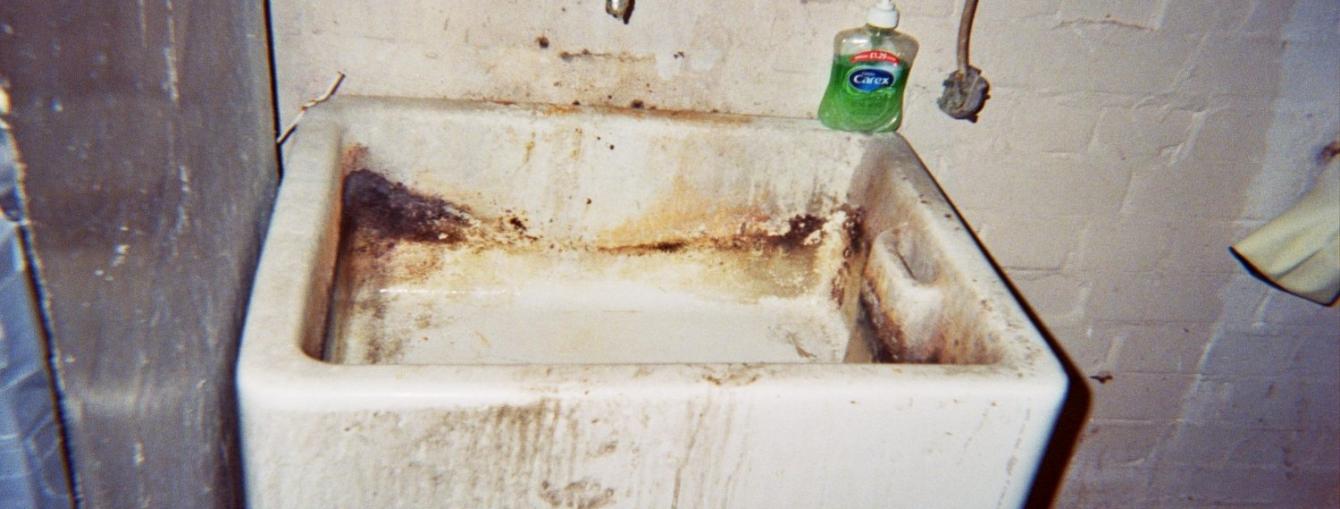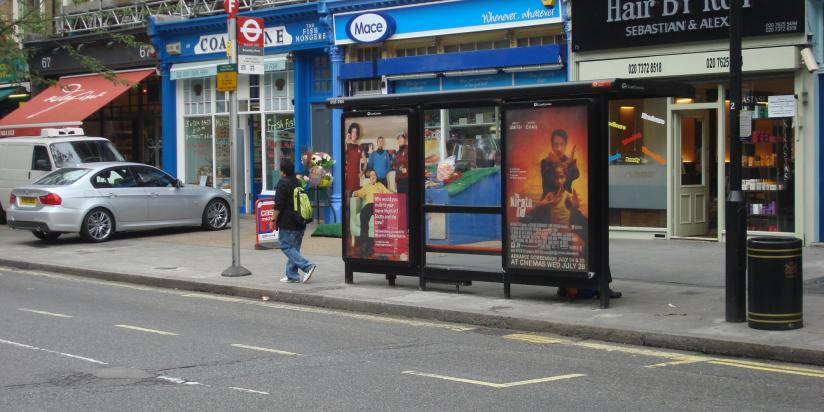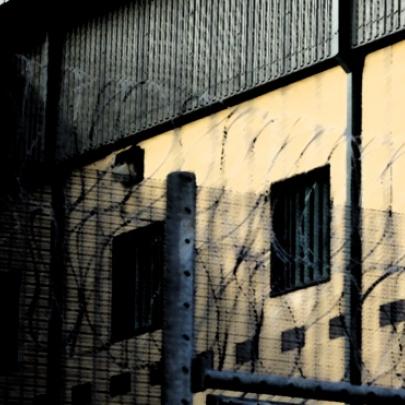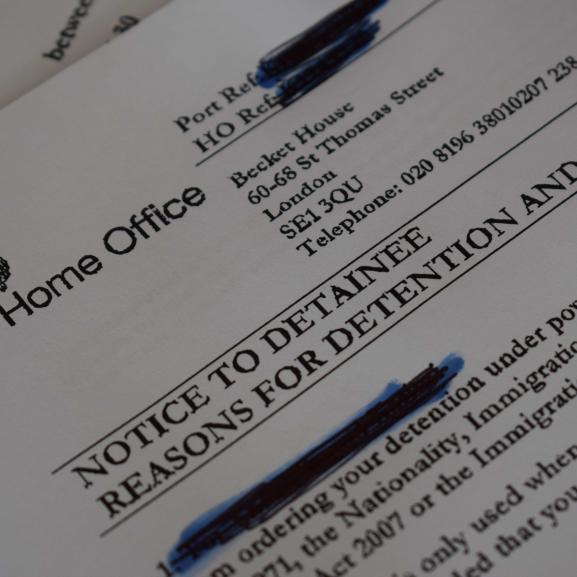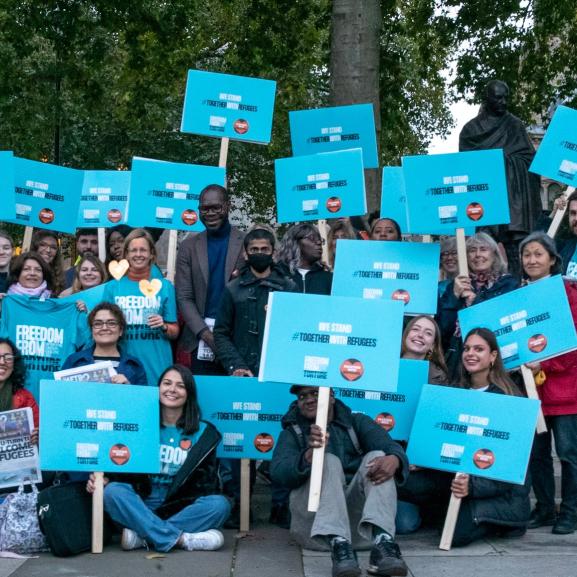Poverty
Many people who have survived torture are living in poverty because they are not allowed to work. A person's recovery from torture is much harder when they don't even have basic things to survive.
While people wait for a decision on their asylum claim, they are not normally allowed to work or claim benefits. Instead, they can apply for an 'asylum allowance' of £37.75 a week. That means many people who’ve survived torture are living on less than £5.40 a day for food, clothing, sanitary items, bus fare to asylum interviews - everything.
Every day, many people have to make impossible choices such as buying a winter coat to keep warm or having enough food for the rest of the week.
Survivors who are seeking asylum are offered housing to stop them from becoming homeless if they don't have anywhere else to go. Unfortunately, some of these houses are unsafe, unsanitary or not suitable for their needs.
The day-to-day struggles of living without the basics reinforce the powerlessness, fear and isolation that torture survivors inherit from their past and act as a barrier to them being able to rebuild their lives after torture.
Helping survivors who are living in poverty
Our 2013 report The Poverty Barrier: The Right to Rehabiliation for Survivors of Torture in the UK is a detailed analysis of the many financial and institutional barriers facing asylum seekers and refugees.
The evidence from our research confirmed a disturbing reality for survivors of torture in the UK. It revealed:
- Shocking levels of poverty among torture survivors - during and after their passage through the UK's asylum system.
- That the day-to-day struggles of living without the basics reinforces the powerlessness, fear and isolation, which torture survivors already feel because of their past.
- That poverty and powerlessness make it more difficult for a person to enjoy their right to rehabilitation guaranteed under international law.


